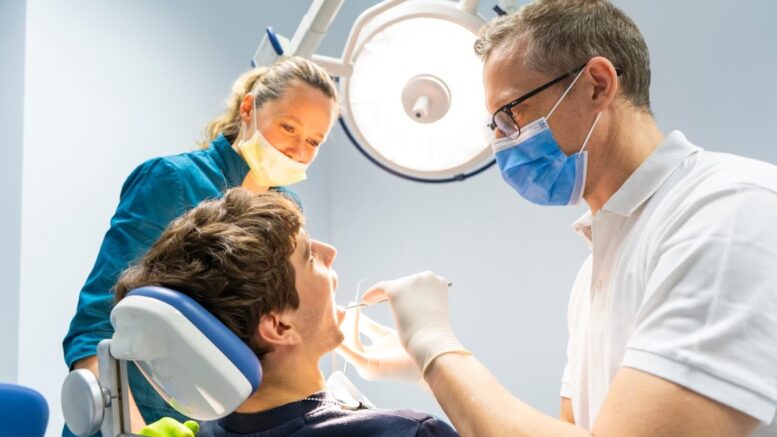Over 1 in 4 U.S. adults have untreated dental cavities, data from the Centers for Disease Control and Prevention reveals. Additionally, almost 50% half of adults aged 30 and older are showing signs of gum disease, while 13% of children and teens aged between 5 to 19 have untreated tooth decay. Improving and maintaining good oral health is essential for optimizing overall health and quality of life.
Cavities: a growing global problem
Untreated cavities are the most common dental health issues in the world – affecting over two billion people. Untreated cavities can also lead to gum disease: if the bacteria and plaque present is left to inflame and irritate the gums, disease, and potentially even tooth loss, may result. Severe gum disease also currently affects around one billion people globally. World Health Organization (WHO) officials have called the state of global dental health “alarming”, stating almost 50% of the world’s population has untreated dental problems. More than just being bad for oral health, untreated dental illnesses can also impact overall quality of life, and have even been linked to diabetes, heart disease, and cancer. WHO officials also say good-quality dental care should be included in universal healthcare plans “either free of charge or at a price that people can afford” to increase accessibility and improve overall oral health.
Treating cavities and toothache
Cavities occur when the hard surface of the tooth becomes damaged due to plaque buildup, forming tiny openings or holes. They’re typically caused by poor dental hygiene and poor brushing, dry mouth (salvia typically washes plaque off the teeth, therefore preventing decay), frequent snacking, and sugary foods. When a cavity first forms, it may not have any symptoms, however, if left to develop untreated, toothache can occur. In this case, you should contact your dentist as soon as possible for treatment. However, in the meantime, home remedies for a toothache may help relieve the pain. Keep in mind, a toothache remedy needs to have the ability to reach the tooth nerve – the source of the pain – in order to be effective. So, pain medication like aspirin or ibuprofen may be a more reliable choice for pain relief, compared to natural home remedies like baking soda or essential oil.
Maintaining good oral health
Dental health experts typically stress the importance of brushing the teeth for two minutes twice a day to keep cavities and dental problems at bay. A soft-bristled brush is gentle on the teeth and gums, and helps prevent wearing down the enamel – a problem that can happen with hard-bristles and overzealous brushing. It’s also important to replace toothbrushes around once every three to four months, while also flossing the teeth at least once a day to get rid of food and debris in between the teeth. Routine dental checkups at least once or twice a year are also recommended.
With untreated cavities a problem worldwide, its essential efforts are made to improve oral health. The earlier a dental issue is spotted, the cheaper and simpler it usually is to treat.
